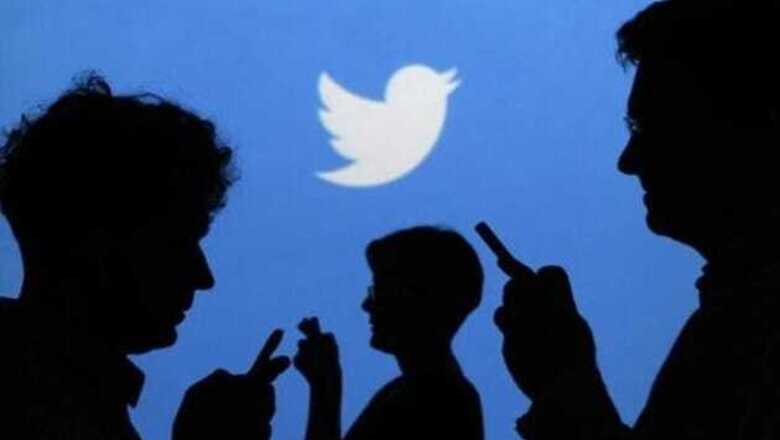
views
Washington: Scientists are analysing millions of real-time tweets to understand why people refuse vaccines and how these reasons vary among communities.
Using social media to reveal thinking about vaccines in real time will help health officials to better respond to the next outbreak, saving lives and keeping people healthy, researchers said.
The researchers will combine Twitter analyses with traditional survey techniques to study why people refuse vaccines.
Mark Dredze, assistant research professor in the Department of Computer Science at Johns Hopkins University, will develop new computer algorithms to support the team's research.
"We hope to gain insights into people's reasoning about vaccines by automatically processing millions of Twitter messages," Dredze said.
Dredze has previously worked on studies that analysed tweets to help track flu outbreaks and mental illness trends.
He will use similar techniques to help researchers gather data on messages mentioning concerns about vaccines.
"People really do tweet about everything, and conversations about vaccines are no exception," said David Broniatowski, assistant professor in the School of Engineering and Applied Science at the George Washington University, who will co-lead the study on vaccine refusal patterns.
"Parents and patients freely share their fears and concerns about vaccines. While it typically takes years to collect meaningful information about why people refuse vaccines, using surveys and searching Twitter brings immediate results," said Broniatowski.
"Survey data tend to draw from older, white, rural households, whereas younger, urban minorities are overrepresented on Twitter. These two techniques complement each other perfectly," said Karen Hilyard, assistant professor in the College of Public Health at the University of Georgia, who also will lead the study.
Broniatowski, Hilyard, and Dredze have already analysed millions of tweets to gather information on sentiment towards flu vaccinations.
The team identified tweets, geo-located the messages, and compared their findings to the Centres for Disease Control and Prevention's Behaviour Risk Factor Surveillance System.
Their results show that states with a higher number of residents who received the flu shot had a higher number of vaccine-positive messages on Twitter.
"This was really surprising and exciting," Hilyard said.
"It shows that we can get this type of information from Twitter faster, cheaper, and more easily. Frankly, it's a game changer when it comes to health surveys, especially as we dig deeper to examine more complex attitudes and beliefs among different demographic groups," said Hilyard.




















Comments
0 comment